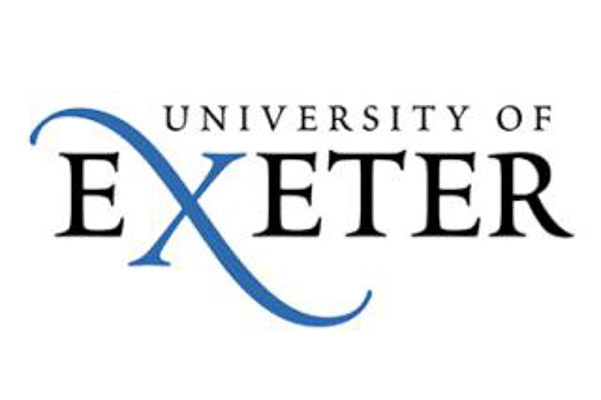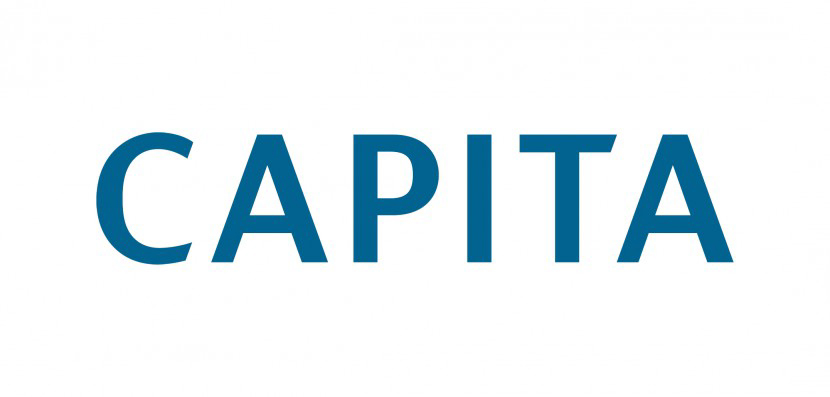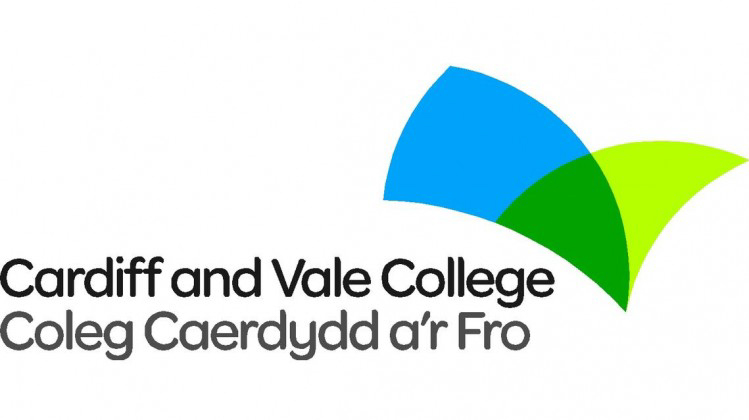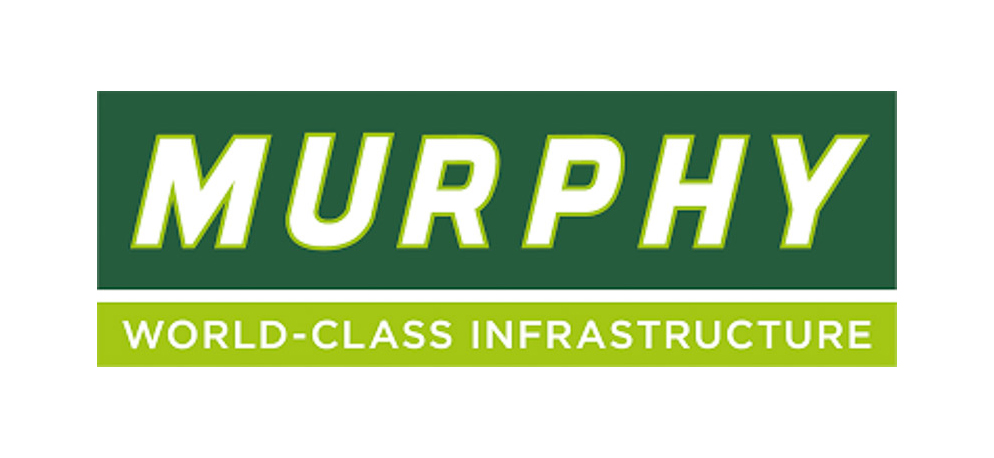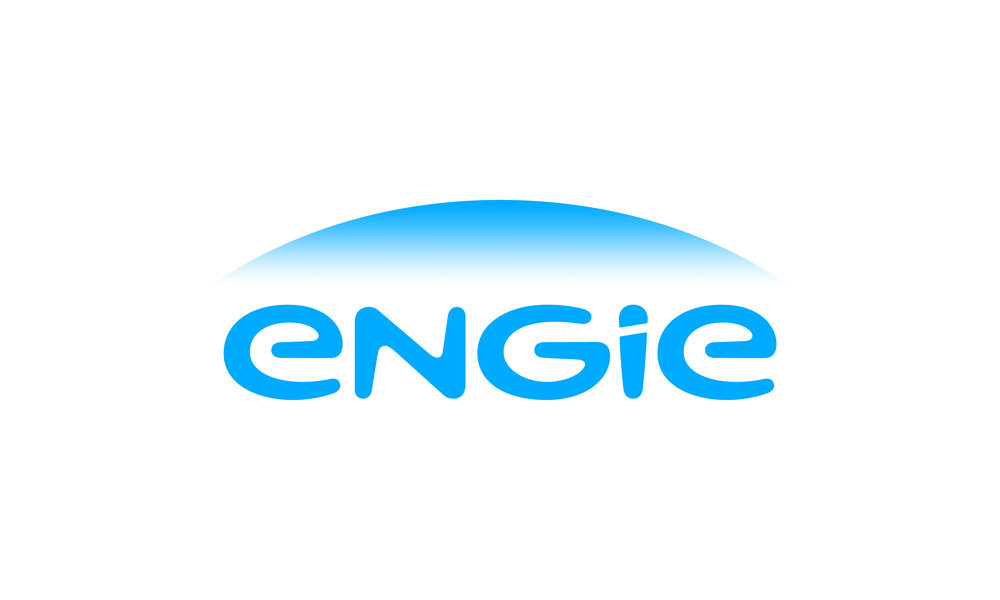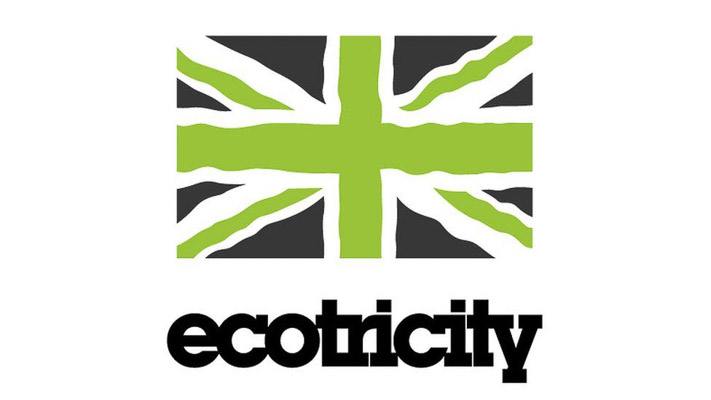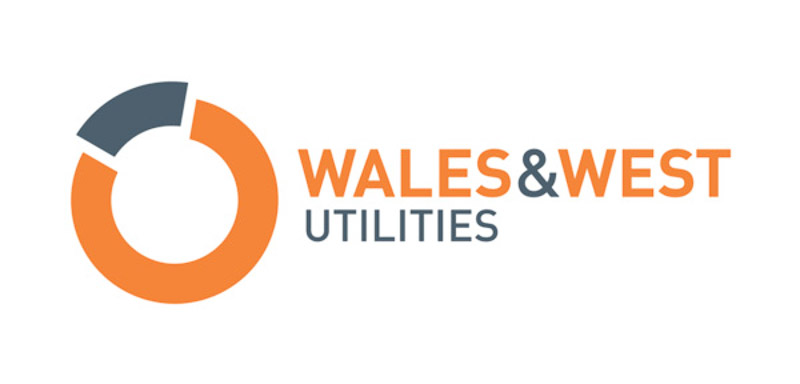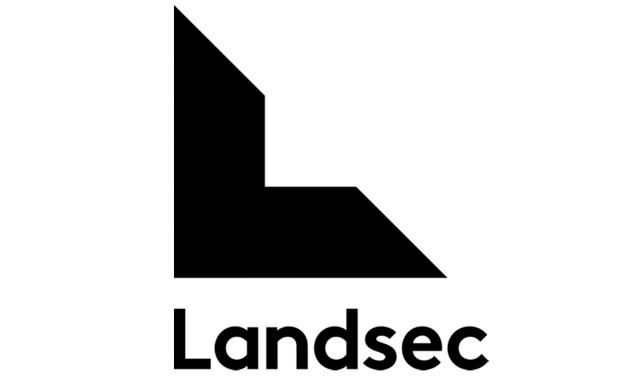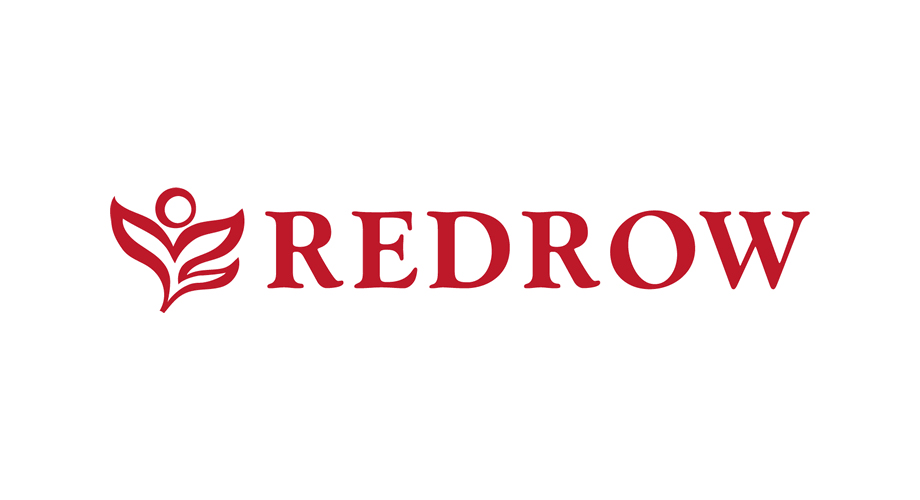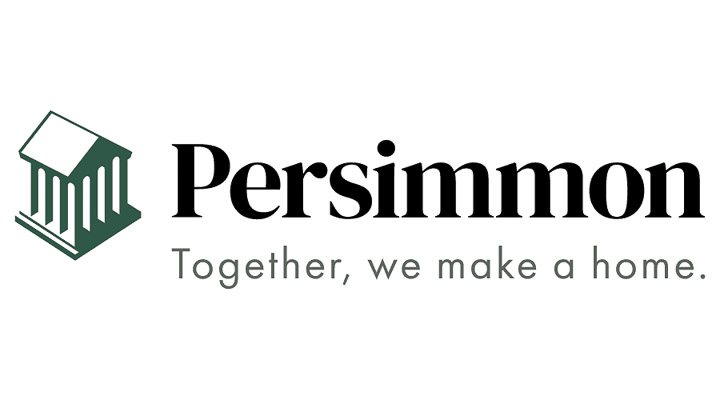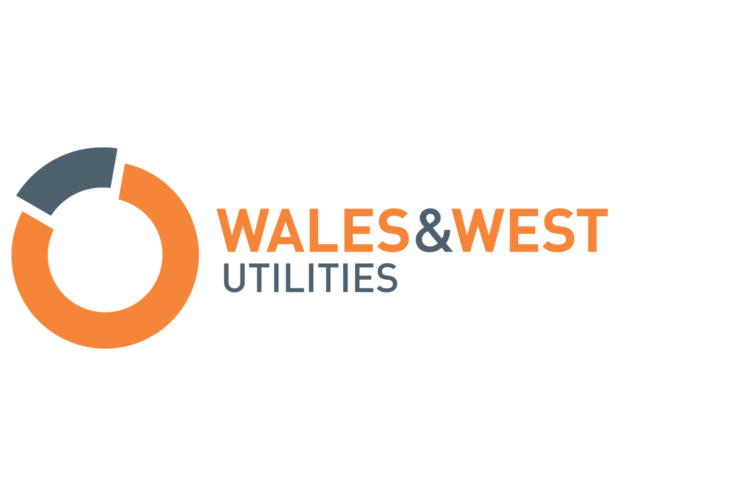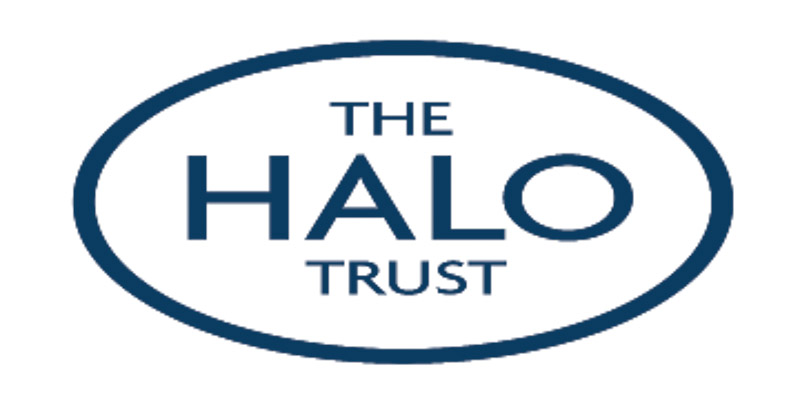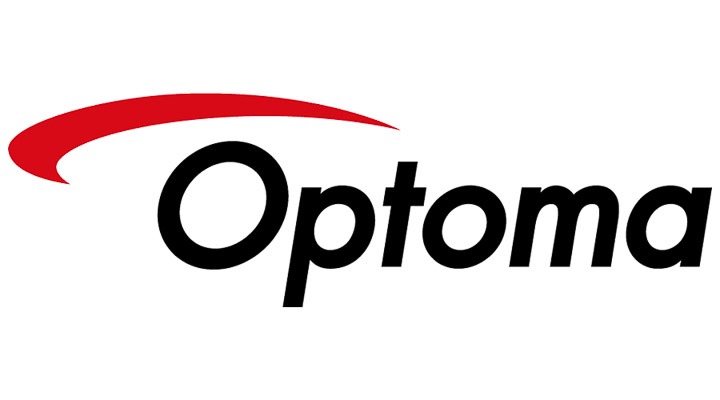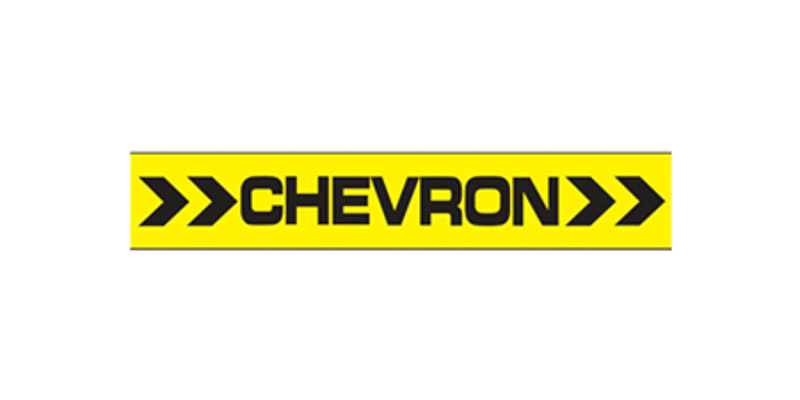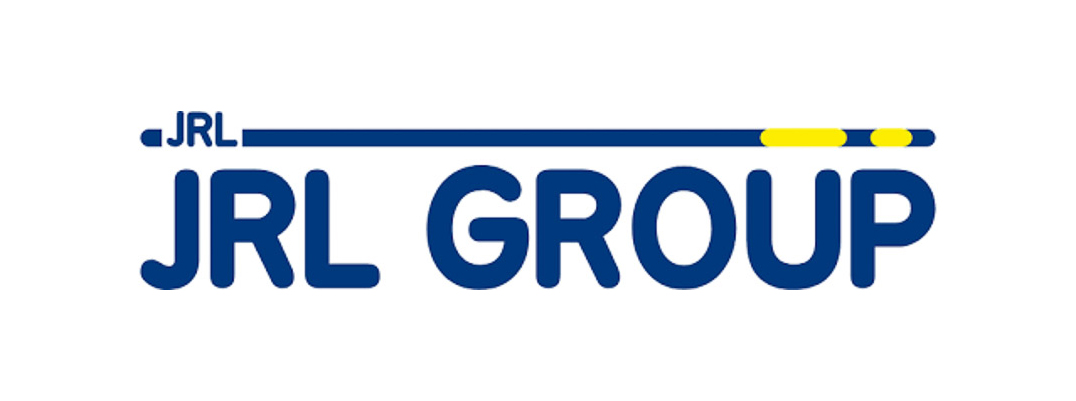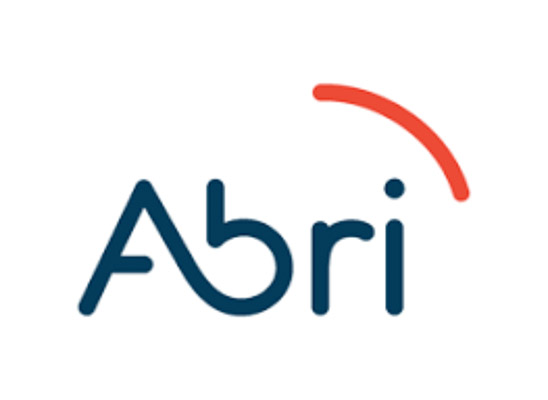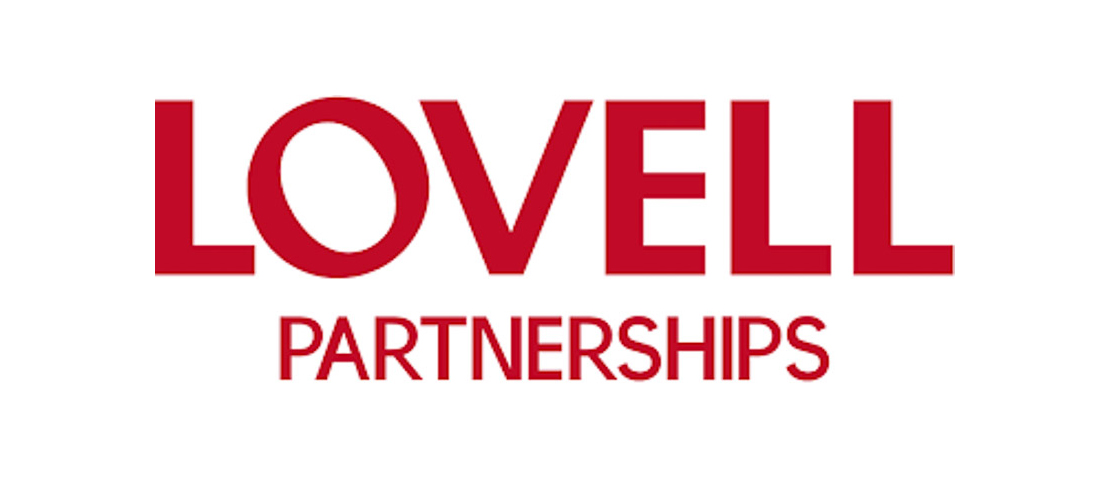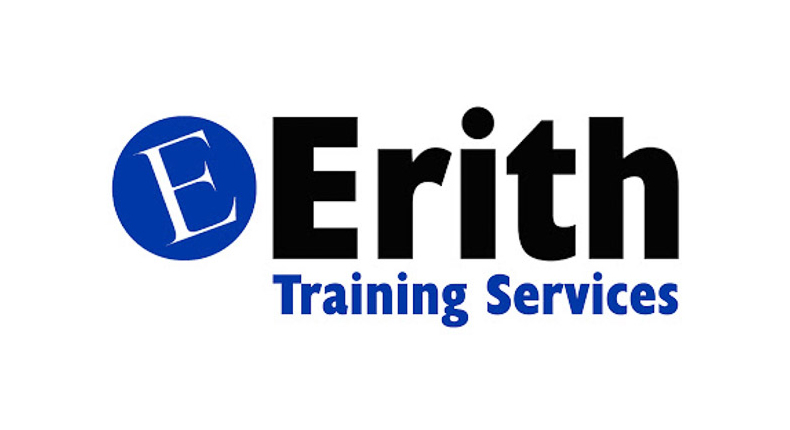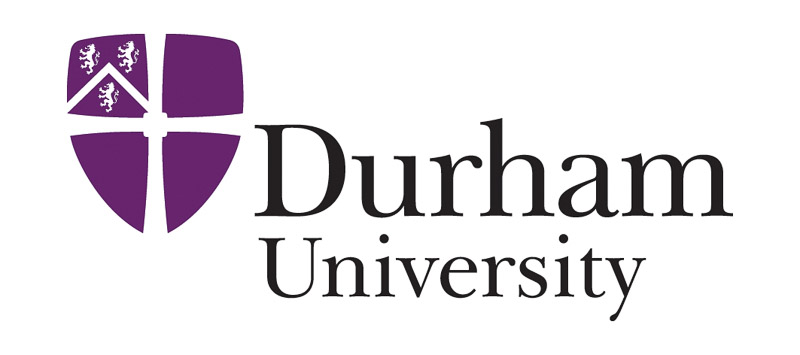What's On Our Desk - February 2022
DEEP WORK by Cal Newport
Two Core abilities for Thriving in the New Economy
The ability to quickly master hard things.
The ability to produce at an elite level, in terms of both quality and speed.
He presents deep work as a superpower that can drive us to success, in an increasingly competitive world.
According to Cal Newport, that’s the way to become a winner in the new economy.
In his book, Deep Work, Cal addresses the ability or inability to focus without distraction on cognitively demanding tasks.
His premise is that deep work will make you better at what you do, help you achieve more in less time and provide you with a sense of true fulfilment that comes with a mastery of skills and the achievement of goals.

He draws on the worlds of psychology, neurobiology and computer science to explore questions such as;
- Why is deep work valuable?
- Why is it so rare?
- What makes deep work meaningful?
- and perhaps most importantly – How on earth do we manage to attain a state of deep, focussed concentration, when we are working in environments that distract us every three to five minutes?
Unfortunately, for those of us who need to engage in deep, cognitively demanding work the research shows that we’re distracted every three to five minutes, each distraction lasts approximately 5 minutes, and it will then take us between 15 and 20 minutes to regain a state of full concentration and focus.
Let’s just ponder that a moment.
Let’s do the maths.
Given those variables, how much time do we spend in a state of deep work and full focus?
Maybe, zero?
Is that okay?
Do we not have any deep work to do?
Is all our work shallow?
What does our boss think?
Or is there a conflict here?
Are we trying to engage in cognitively demanding work in an environment that’s just not suited to it?
One of the lessons I drew from this book, is that there are five key questions to ask of ourselves and our colleagues, in the workplace.
- How much time should I/we spend on deep work, that is cognitively demanding and of high value?
- How much time should I/we spend on shallow work, that is cognitively undemanding and that just involves minor administrative and logistical tasks?
- How much time do I/we spend in deep work?
- How much time do I/we spend in shallow work?
- How much time do I/we spend trying to engage in deep work, in an environment that’s better suited to shallow work?
In this highly entertaining and readable book Cal Newport encourages and guides us to answer these questions for ourselves, along the way drawing on research from science writer Winifred Gallagher, the Godfather of Flow Science, behaved chick sent me high (actually Mihaly Csikszentmihalyi, but the dictation software made me laugh, so I decided to leave it in) and Carl Jung.
As Seth Godin said, “Cal Newport is a clear voice in a sea of noise….”
I agree and can wholeheartedly recommend this book, which I read by the way, in five days of turbo-trainer sessions. Time and Motion folks, Time and Motion. 😉
You may wish to explore new ways to improve productivity on our next IEMA Environmental Management in Construction course which starts on 3rd May 2022
You can book here
SPEED & SCALE by John Doerr

If you have read his previous book, Measure what Matters, you’ll recognise John Doerr’s style. His latest work, Speed and Scale is an action plan to solve the climate crisis written in the style of objectives and key results, (OKR)s.
“You need to be willing to do the right thing – and frankly, your employees expect it. “

At the outset of the book, he promises an action plan to avert climate catastrophe by wiping out 59 Gigatonnes of greenhouse gas emissions. He does this by setting an objective for key areas of focus, such as;
- electrifying transportation;
- decarbonizing the grid;
- fixing food production and consumption;
- protecting nature;
- cleaning up industry;
- and removing carbon.
He then sets out a series of quantified key results (KRs) for every objective.
For instance, to decarbonize the grid, KRs include;
- 50% of electricity worldwide should come from zero emission sources by 2025 and 90% by 2035;
- We should build no new coal or gas plants after 2021, and we should retire existing plants or convert to zero emissions by 2025 for coal and by 2035 for gas;
- We must reduce methane emissions by eliminating leaks, venting and most flaring from coal oil and gas sites by 2025;
- We should cut gas and oil for heating and cooking in half by 2040.
This is a fantastic book for any sustainability professional , as it gives well researched and up to date answers to most of the objections we bump up against on a daily basis;
- Why bother, look at China, Russia, India and the USA?
- What about the effect of lithium mining for batteries?
- Why and where should we plant trees?
In the second part of the book he moves towards strategies and plans to accelerate the transition to net zero. He explores how to win the political and policy battle, how to turn movements into action and the roles played by innovation and investment.
He concludes by saying, he feels we can avert climate catastrophe, but to do so we’ll need to get more far people in motion, rapidly deploy more existing technological solutions, whilst also developing new technologies at a rate faster than at any time in human history.
The good news is that technology is evolving apace, as explored in another great book we recommend, The Future is Faster than You Think, by Stephen Kotler and Peter Diamandis.
As a dedicated optimist and practiced problem solver, I agree with John Doerr’s premise that it is possible to prevent climate catastrophe.
Although, to maintain a habitable planet we’ll have to unite around massive and concerted action – NOW!
Game on!
You may wish to explore these issues in our next IEMA Foundation Certificate in Environmental Management course which starts on 3rd May 2022
You can book here
THE WORLD FOR SALE by Javier Blas & Jack Farchy
Saving the Government of Jamaica.
Bypassing embargos, by shipping oil from Iran to apartheid South Africa, via Burundi.
Helping to oust Muammar al-Gaddafi by supplying the Libyan rebels with fuel.
A presidential pardon, after two decades as a fugitive, for the former husband of a donor to the Clinton Presidential Library.

Just some of the astonishing stories told by Javier Blas and Jack Farchy, in their explosive expose of the world of the commodity traders.
Not known for their love of attention and public relations ,these most secretive of traders, not to be called business people, that is apparently an insult in their world, have a spotlight thrown on their “colourful” history.
Swashbuckling, explorers of new regions and relationships; brave risk takers, opening up new markets; or unscrupulous, money grabbing villains?
Why not read The World for Sale – Money, Power and the Traders Who Barter the Earth’s Resources, and make your own mind up.

Oh and while you are doing so, you might want to think about the relevance of commodity traders to Life Cycle Cost Analysis and Sustainable Procurement?
- Transparency?
- Accountability?
- Full and Fair Opportunity?
- Ethical business?…….. 😉
You may wish to explore these questions in our next IEMA Sustainable Procurement course which starts on 2nd March 2022
You can book here
Want to find out more?
If we sound like the sort of business you would like to work for, or with, please get in touch.
